There is a day in the life where people think about the joy of having a puppy. Imagine how wonderful and exciting it would be to welcome a new pet into your home and raise it into an adult dog.
This is the ideal that we all originally imagined, however, the reality is usually very different.
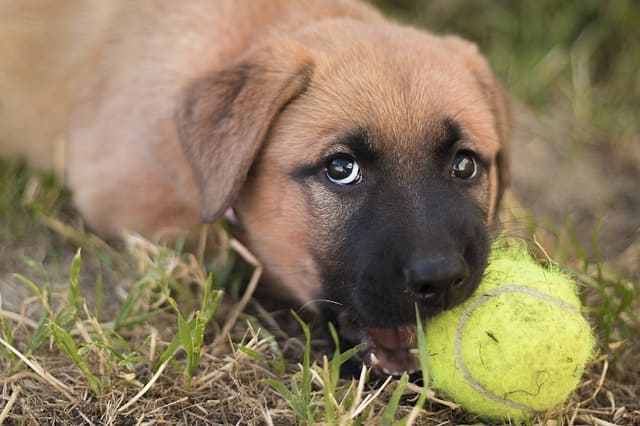
People don’t always tell you the hardest things about having a new puppy, especially in the first few weeks and months: the excitement, the exhaustion, the bleak feeling that you’ve made a big mistake and everything is wrong.
Experiencing this panic when acquiring a puppy for the first time is surprising, but it can be easily remedied with the right combination of peace of mind and practical advice.
Therefore, here are 10 tips to make the arrival and breeding of your new puppy a piece of cake.
The first weeks
First of all, remember that in the first weeks and months of having a puppy, once the initial excitement of his arrival has passed, it is normal to have doubts and panic before the enormous responsibility you have just assumed.
This is because puppies are destructive, exhausting and extremely energetic, and can disrupt previous home comforts.
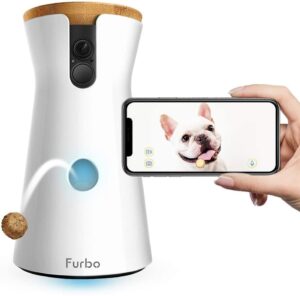
You may find yourself scrubbing and sweeping the floor until midnight, the washing machine will still work, and you won’t be able to sit back and watch what’s coming without a crying hairball in the kitchen desperately trying to get your attention.
And just understanding how common it is to experience panic and doubt in the early stages, largely due to chronic fatigue, can go a long way.
Also, these feelings will disappear over time as you and your new partner adjust to each other, so it’s important to accept and eliminate them as meaningful.
Understand the extreme importance of limiting harm
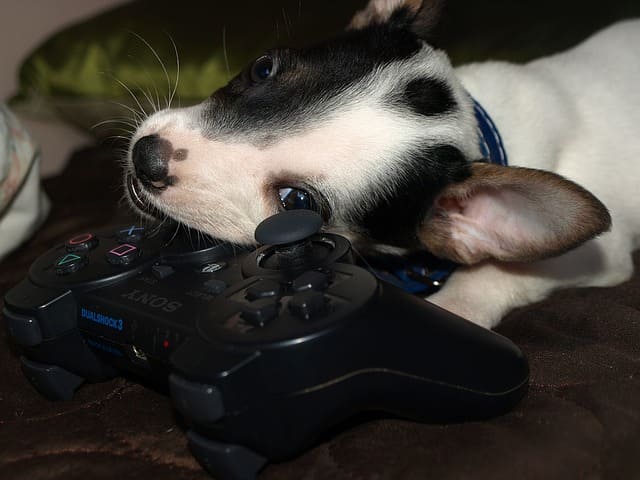
Too many people allow a puppy to have everything at home from day one, making it harder than necessary to have a puppy.
Remember that a puppy will never be able to understand the true value or importance of everything you own, including your new shoes, your old table, and your game console controller. But the more you allow him to touch your furniture or expensive objects, which he can then poop on or chew and scatter, the more it will hurt your growing relationship with your dog, as resentment is likely to inevitably be generated.

It is much better to keep the puppy in a confined area first by using a crate or a demarcated area and a large walking space, such as the kitchen, and/or a dog door to separate the puppy from the rest of the house.
Choose an area where the floor is easy to clean and where your puppy can’t relieve himself, chew, defecate or urinate on anything of value. This simple measure should be enough to significantly reduce your stress.
Use the same approach in your own garden
Make sure your puppy has a limited play area and a yard poop area.
While you’re outside, keep your favorite toys and those you can chew in the house or any other area of the garden where you shouldn’t have access.
If your puppy has his own fenced area in the yard, he will also be safer and possibly cleaner.
Taking potty training seriously
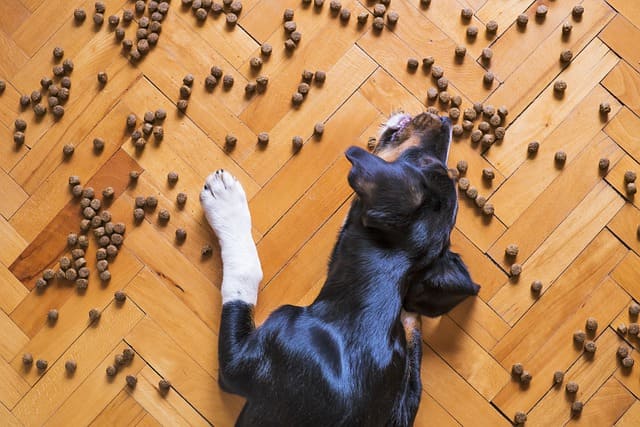
The main reason puppies don’t learn to toilet faster and more reliably is that the initial training wasn’t rigorous, for example, because they didn’t take their puppy outside every half hour or because they didn’t go to the bathroom immediately after sleeping, playing, or eating.
Then, immediately give him a command to do it right, such as: be clean! Praise him and then reward him with a treat.
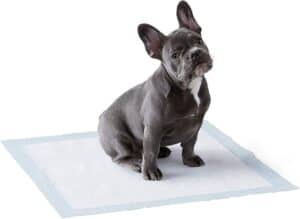
If you do not take your puppy outside reinforcing this learning even at dusk and in any type of weather, you will continue to have more accidents inside the house, or you will still think that it is better to go to the bathroom inside.
Remember that it is like a baby to be taught and have all the patience in the world as they had with us.
It is a shame, to see how in the months of March / April there are so many dog abandonments, when we welcome an animal at Christmas and believe that it is a toy.
Think about adopting a puppy and when some time passes, you will have by your side one of the best friends you will ever have.
Do you help us share?
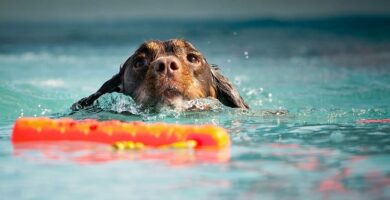
Guide to safe and fun swimming with dogs
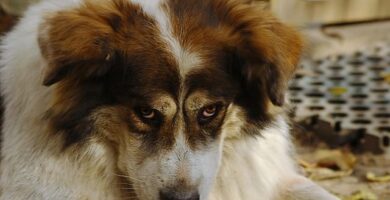
Why my dog loses hair
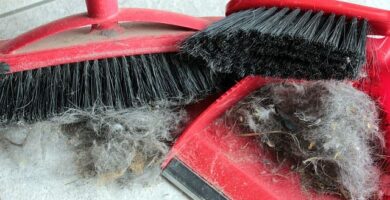
Home remedies for shedding hair in dogs

How do dogs see?
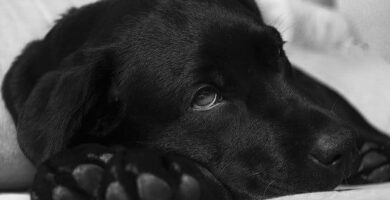
Separation anxiety in dogs

¿Por qué ladra tu perro?
- Why do dogs bury bones? - January 2, 2023
- How long is a dog’s pregnancy? - December 24, 2022
- Why do dogs mark territory? - October 24, 2022
